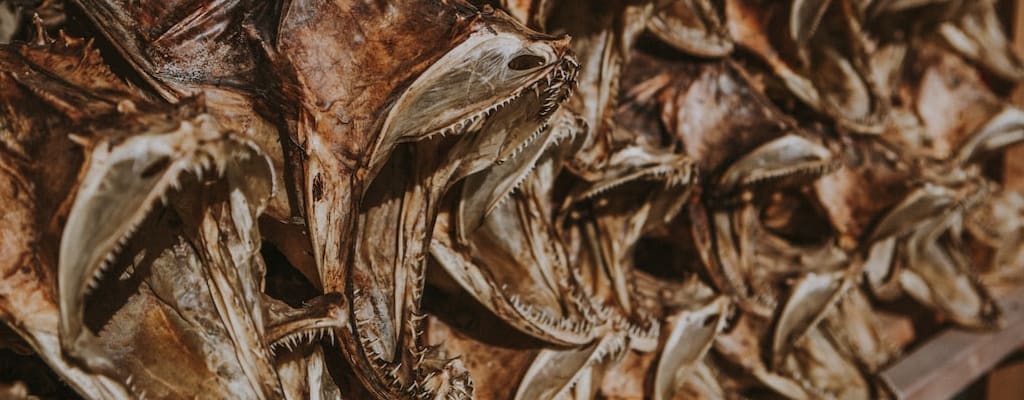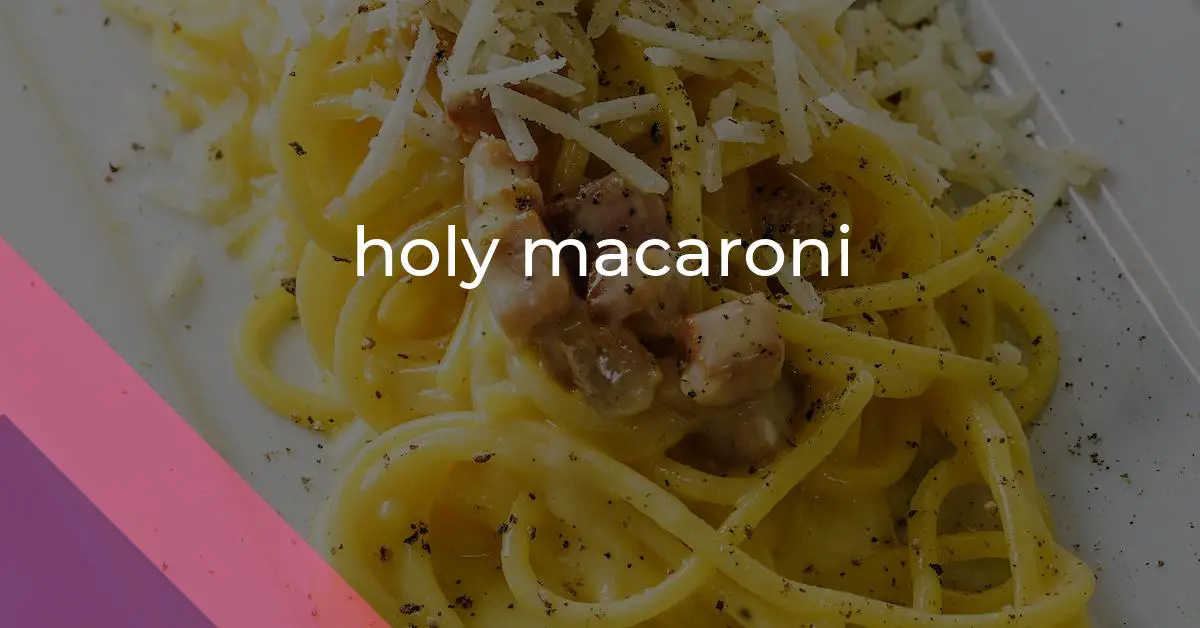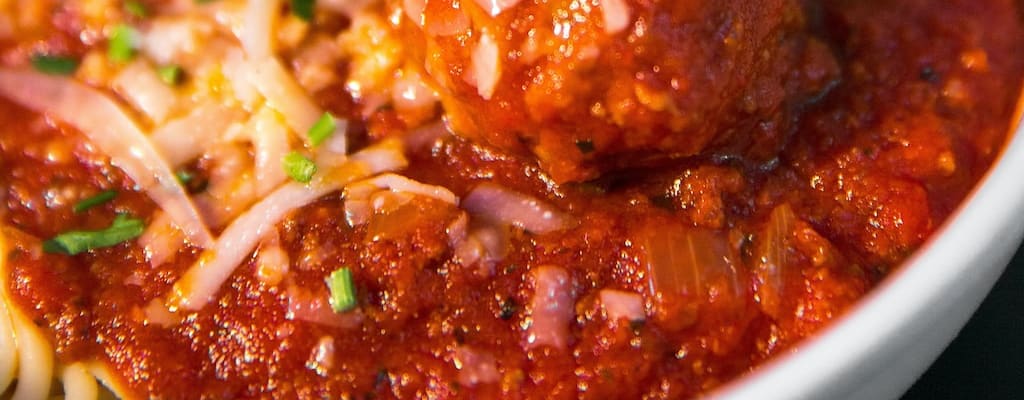holy macaroni: Idiom Meaning and Origin
What does ‘holy macaroni’ mean?
The idiom "holy macaroni" is an exclamation of surprise or amazement.

Idiom Explorer
The idiom "Jesus, Mary, and Joseph" is an exclamation of shock, surprise, or frustration. It is used to emphasize strong emotions or disbelief.
The idiom "I'll be damned" is used to express shock, disbelief or surprise when something unexpected or unbelievable happens.
The idiom "I'll be a monkey's uncle" is an expression used to convey surprise or disbelief. It suggests that the speaker never expected the situation or outcome to happen.
The idiom "holy smoke" is an exclamation used to show surprise or astonishment. It is often used in a humorous or lighthearted way to express disbelief or amazement at something unexpected.
The idiom "holy moley" is an exclamation of surprise or astonishment. It is used to express shock or disbelief in a lighthearted or playful manner.
The idiom "holy mackerel" is an exclamation typically used to express surprise, astonishment, or disbelief. It is often used to emphasize the intensity of one's reaction to a situation or information.
The idiom "holy fuck" is an exclamation used to express extreme shock, surprise, or disbelief. It is a vulgar phrase meant to emphasize the intensity of the reaction.
Evolving Ecclesiastical Sacrament
The idiom "holy macaroni" is a colorful expression often used to convey surprise, astonishment, or excitement. It is a versatile phrase that can be used in a variety of situations to emphasize one's emotions in a lighthearted manner.
One possible explanation for the origin of "holy macaroni" is its association with a religious exclamation. The word "holy" has long been used in English to express reverence or awe. By combining it with the term "macaroni," the idiom creates a whimsical and light-hearted expression.
Similarly, the idiom "holy cow" is also used to convey surprise or astonishment. It is thought to have originated as a way to avoid using religious profanity while still expressing strong emotions. The substitution of "cow" for a potentially offensive word adds a touch of humor to the phrase.
Another related idiom is "holy mackerel," which was a common expression in the early 20th century. It is believed to have originated as a euphemism for "holy Mary," a Catholic expression of surprise or astonishment. The substitution of "mackerel" for "Mary" may have been influenced by the prominence of Italian cuisine, specifically macaroni, in the United States at the time.
While the exact origins of these idioms remain uncertain, their usage has become widespread in American English. They are often employed in informal speech, social media, and popular culture references, further solidifying their place in contemporary lexicon.
Beyond their literal meanings, these idioms have evolved into versatile expressions that can convey a range of emotions. Whether used to indicate shock, awe, or amusement, they serve as colorful ways to emphasize one's feelings in a lighthearted manner.
The origins of these idioms may be shrouded in uncertainty, but their widespread usage and ability to convey a sense of surprise or excitement make them valuable additions to American English. As language continues to evolve and adapt, expressions like "holy macaroni," "holy cow," and "holy mackerel" remind us of the intricacies and complexities of idiomatic speech.
Example usage
1. "Wow, holy macaroni! I can't believe he won the lottery again!" - In this example, the idiom is used as an exclamation to express surprise or astonishment.
2. "I've been studying for this exam all week, but holy macaroni, the questions are so difficult!" - Here, the idiom is used to show frustration or annoyance.
3. "Holy macaroni, that roller coaster was the scariest ride I've ever been on!" - In this sentence, the idiom is used to convey fear or excitement.
More "Exclamation" idioms



